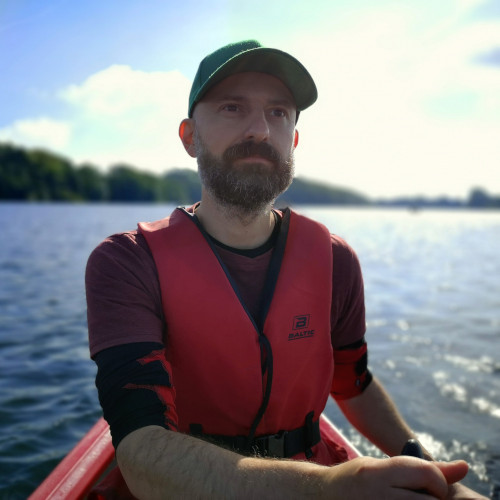

My primary interest is in microorganisms: spatially localized autocatalytic sets of molecules and chemical reactions, also known as cells, interacting with their environment, including other cells. These processes take place in a diverse range of environmental arenas and they are shaped by, and are shaping, those environments.
Microbiota and Symbiosis
Sometimes the environmental arena of evolution happens to be another organism. I study the resulting multilayered dynamics of populations that reside in other organisms, which are themselves part of a dynamic host population.
Host-Virus Coevolution
Viruses are responsible for the turnover of vast amounts of biomass, but they also help maintain diversity and facilitate horizontal gene transfer. I am interested in antagonistic coevolution, but also in the more subtle, sometimes even beneficial, effects viruses can have on their host populations.
Evolutionary Theory
While I usually aim to connect my theoretical work as directly as possible to empirical data, I also enjoy exploring mathematical models from a dynamical systems point of view and by computational methods.

Max Planck Institute
for Evolutionary Biology
August-Thienemann-Str. 2
24306 Plön, Germany
sieber@evolbio.mpg.de